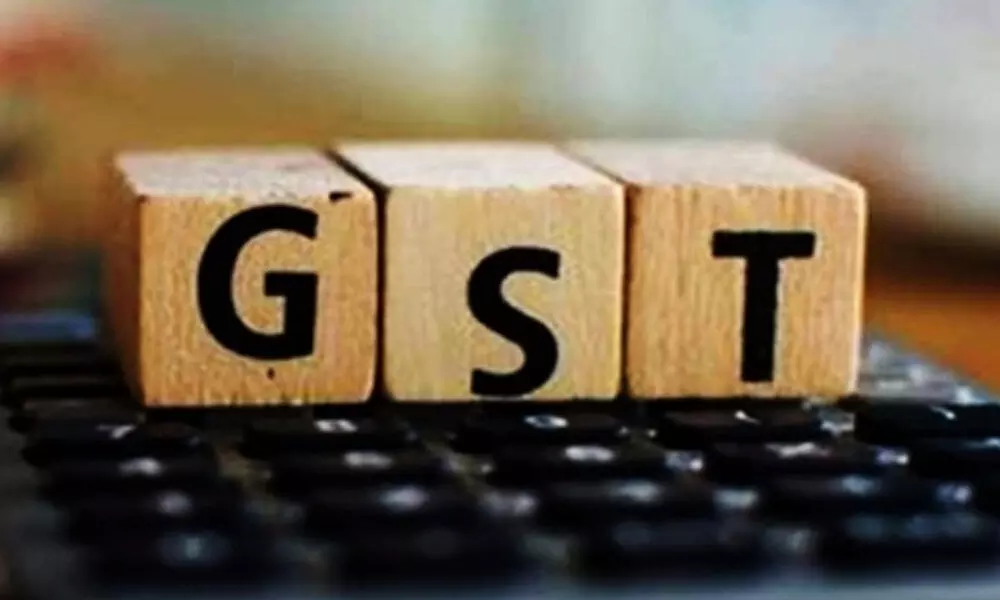4 years of GST: Hits, misses & expectations for realty industry
Govt needs to incentivize projects that are being constructed since the money paid by the buyer for an under-construction property provides the much-needed construction finance
image for illustrative purpose

At its fourth anniversary of the revolutionary tax reform, the jury is still out whether there has been a positive or a negative impact as there have been some hits and some misses as well. What the new tax system has definitely done is the removal of multiplicity of taxes that existed in the industry
With the heralding of a new tax regime in the county in the form of Goods & services Tax (GST) in 2017, real estate was bound to be impacted in a significant way. At its fourth anniversary of the revolutionary tax reform, the jury is still out whether there has been a positive or a negative impact as there have been some hits and some misses as well. What the new tax system has definitely done is the removal of multiplicity of taxes that existed in the industry.
Prior to the GST regime, there were several taxes like Value Added Tax (VAT), Central Excise, Entry Tax, LBT, Octroi Tax, Service Tax, etc that the developers had to juggle with. The new tax system has subsumed some of them and made calculation easier. Moreover, it has also provided for the developers to claim credit for the taxes paid in the process of construction of the properties, thus lowering the price of the properties for the end-users.
GST and end use buyers
The reduction of property prices for the end users by way of providing credit for the taxes paid by the developer has, however, remained theoretical in some cases. There are several allegations against the developers that they are not passing on the benefits of availing credit of the taxes paid to the buyers. This, in turn, vitiates the provision of input tax credit that is available to the builders in the GST system.
That notwithstanding, there have been some steps from the government from time to time since the implementation of the new tax law to spur the sales of the properties, particularly homes. The government has lowered GST rates for affordable houses with a view to provide a fillip to the affordable housing sector and also to enable a larger section of the population of the county to have a home for themselves. The GST rates affected by the government since 1 April 2019 are 1 per cent without Input Tax Credit (ITC) for affordable homes and 5 per cent without ITC for non-affordable houses.
Implementation of GST
Even with the passage of four years, there are several difficulties being faced by the businesses including the real estate builders in the filing of taxes. Such a huge tax revolution was expected to have some teething problems initially but the challenges have remained for all the business units in the country even after a span of 4 years.
Also, the current provisions say that a buyer of an under-construction property is required to pay GST where the same is exempted for a property which has obtained occupancy certificate from the local authorities. In other words, there is an incentive for the buyer to purchase ready to move properties. But in the current scenario, the government needs to incentivize projects that are being constructed since the money paid by the buyer for an under-construction property provides the much-needed construction finance to the developer and become an important source of funding for the real estate company.
If the government can work on these issues and also on the problems in filing the GST, it will be a great help for the developer community. Needless to say, the real estate companies also need to be prodded to pass on the benefit of ITC to the buyers for the true fruits of the revolutionary tax regime to be enjoyed.
(The author is Group CFO at Housing.com, Makaan.com and PropTiger.com)

